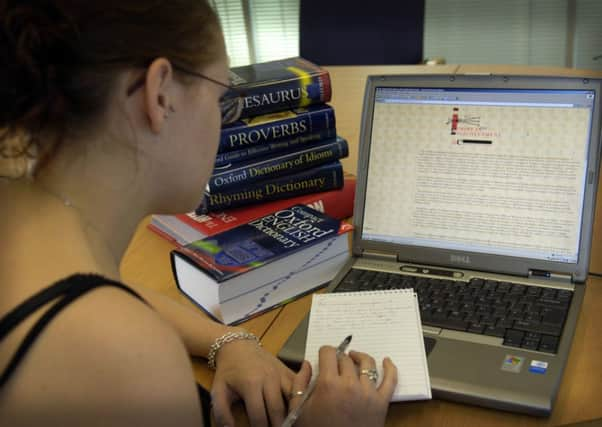University gives police access to student e-mails


It is understood university chiefs have used the Regulation and Investigatory Powers Act (RIPA) to assist police during instances when students have disappeared.
The news comes as a civil liberties campaign group hit out at Edinburgh University for using government legislation to “monitor their students” despite it being created to keep an eye on criminals and suspected terrorists.
Advertisement
Hide AdAdvertisement
Hide AdBut the university said staff and students have received an e-mail each year since 2000 stating their correspondence may be intercepted without their consent.
Earlier this week students were surprised to receive an e-mail stating that government rules “allows the University to intercept without consent for purposes such as recording evidence of transactions, ensuring regulatory compliance, detecting crime or unauthorised use, and ensuring the operation of their telecoms systems”.
The e-mail said: “The University does not need to gain consent before intercepting for these purposes.”
But Emma Carr, director of Big Brother Watch, said the university should take steps to ensure student e-mails were not “inappropriately monitored”.
Advertisement
Hide AdAdvertisement
Hide AdShe said: “This legislation was created with the intention of providing law enforcement and intelligence agencies with the capabilities to monitor serious criminals and suspected terrorists, not for universities to monitor their students.
“If a university has a suspicion that a student is guilty of a criminal act, that should be reported to the police, where a proper investigation can take place.
“Sending students such a vague legal statement will inevitably lead many to believe that their communications are actively being monitored, which could have serious repercussions for the relationships between students and university staff.”
A source at Edinburgh University stressed that e-mails had only been intercepted to trace the movements and relationships of students who had gone missing.
Advertisement
Hide AdAdvertisement
Hide AdA university spokesman said: “The powers can be used to record evidence of transactions, ensure regulatory compliance, detect crime or unauthorised use, and ensure the operation of telecommunications systems.
“When staff and students use university computers and wifi they consent to the university’s computing regulations, which includes RIPA. This is explained when they sign in online.”